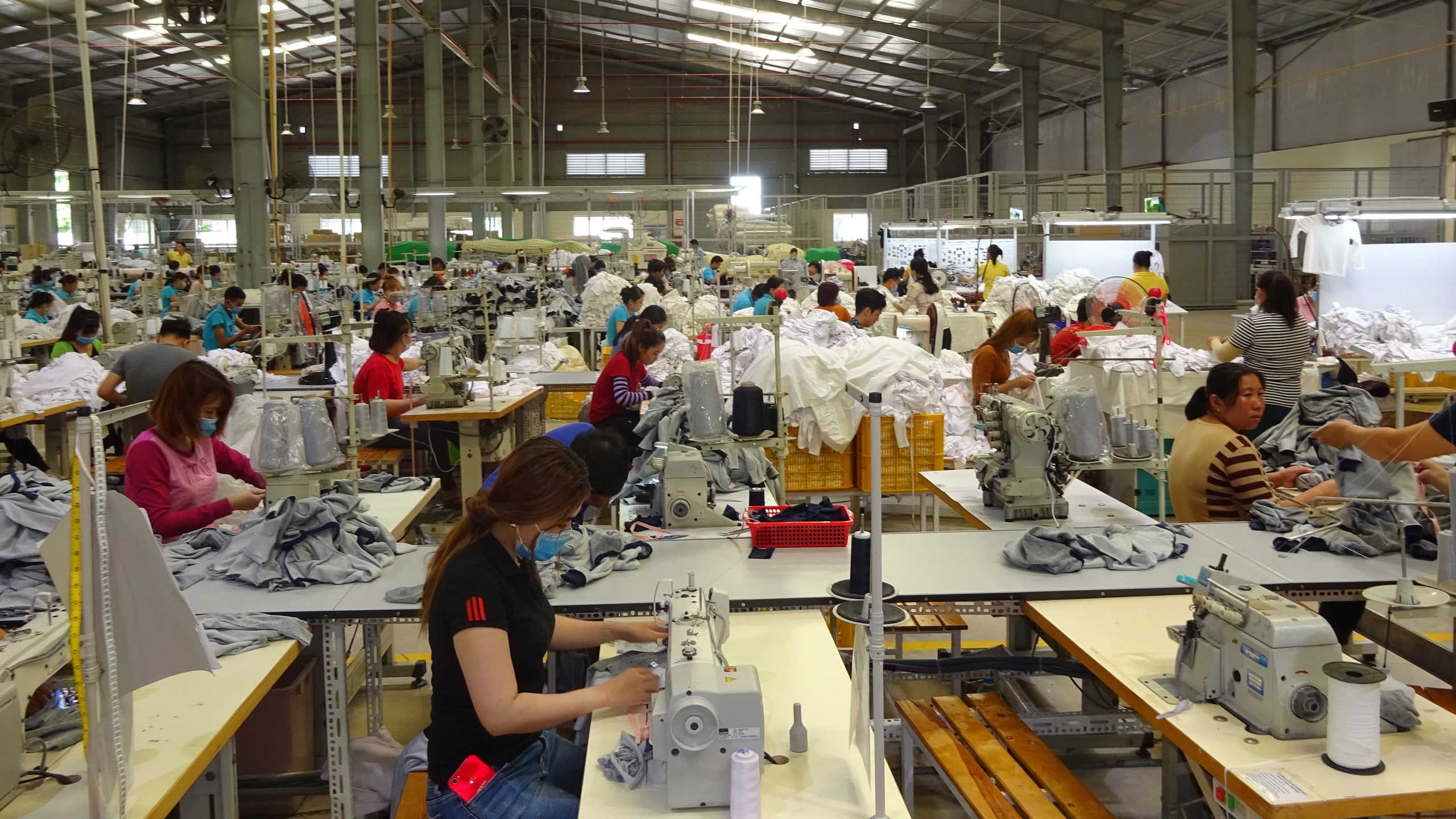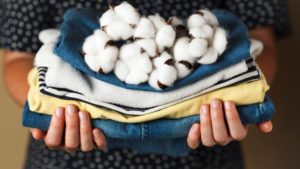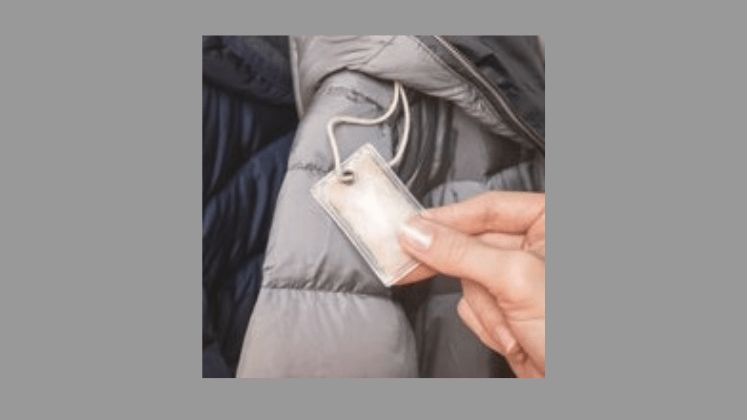With many big garment exporters to choose from, small garment exporters have to chalk out strategies in order to survive and get noticed by the buyers. And those companies that have created strong strategies to make themselves relevant to the buyers are enjoying regular business and even have prospects for expansion. Team Apparel Online, in its recent visit to Ho Chi Minh City, met three such exporters – VietOrigin, AD.V Company Limited, and Jeans Resource, that have created differentiation through their products, working systems, services, and responsiveness to help counter the competition put up by the big guns.
Among the three companies, VietOrigin, a brand created by its manufacturer ‘Stitches’, has relied mostly on a combination of small quantities backed by impeccable quality. In a candid discussion with AO, Dennis Zapantis, Managing Director, VietOrigin, averred that, “The company’s overhead structure in terms of management cost is very small and that has enabled us to be competitive – which is necessary when dealing with small retailers.” Elucidating further on the above, Dennis remarked that he and his partner are almost always on the production floor, which helps in maintaining and improving good relations with the workers and that is something which may not always work in a big company but helps immensely in maintaining quality.
Worker -Management Relation: A strength in small companies
Good relation with workers is something almost all small exporters believe in, as it adds value to the operations, besides improving efficiencies. Pham Van That, Owner, Jeans Resource shared that he empowers his staff to do their jobs and does not interfere in their functioning, as a result of which, the output is always productive. The company manufactures 80 to 85 per cent jeans, whereas twill pants constitute the remaining 15 to 20 per cent.
At VietOrigin, worker is like a partner and the company gives flexibility of timing to all its workers, so as to relax pressure on them. Dennis explained, “We meet our design team once a week and have certain expectations that need to be fulfilled. We tell our workers to come with open mind, play music, and work happily; there are no set hours.” Such strategies build good relations and good relations breed more happiness and more productivity.
Upfront service to customers…
While keeping a vigilant eye on production, understanding the customer-need is also very critical and the fact that Dennis who heads VietOrigin had a rich experience in retail sector before getting into manufacturing, helps in dealing more effectively with retailers – small and big. “The buyer cannot say anything that I can’t understand because I have been in the retail business before and can interpret exactly what the buyer wants,” said Dennis. The company is majorly into knitted products (70 per cent) half of which constitute ladies fashion items.
In the same zone, Jeans Resource is focussed on quick service, in addition to being honest with customers. Pham admitted that it was his company’s approach of being transparent with his customers in the whole process from fabric selection to final product that has made Jeans Resource a bankable name in Vietnam, despite not being among the big names. To ensure quick service, the company always has fabrics in stock that allows them to do 50,000 pieces and thereby, helps them ship faster. “Besides offering fast service, we select our fabrics very carefully so that the quality is taken care of from the initial stage itself. We are not only transparent with our customers but also involve them in the entire production process, which also helps to build trust,” added Pham.
Investing in automation is the next growth opportunity
While Jeans Resource and VietOrigin are concentrating on enhancing the buyers experience, AD.V Company Limited has graduated to investment in technology, as its operations become bigger. Leon Ho Truong Luat, Commercial Director, AD.V Company Limited, shared that the company is investing in automation, as they believe that it is the only way to stay competitive Adopting this strategy enables the company to bring down its cost of production and also enhance efficiency and productivity, thereby helping to sell the product at a much cheaper rate.
Established in 1999, AD.V is known for designing, processing, and manufacturing of garments for kids. It produces 120,000 to 140,000 pieces of apparels for kids every month. To keep up with the growth, AD.V, instead of hiring workers, now prefers to hire technical people. “Good technical people and good machinery add to the enhancement of productivity and therefore, we ensure we have both. Besides, we now need to talk about automation as well. It creates awareness. Automation, while improving productivity, reduces the number of people needed for a particular kind of job,” remarked Leon.
Leon also stressed that it is very important to recognise the productive and non-productive section of the company as it helps in business planning and functioning and AD.V does that efficiently and effectively. Leon said, “If a factory has more direct labour (like those who sew clothes) than indirect labour, then it means that the factory is more efficient. If indirect labour is more, then the factory is inefficient and not well controlled because indirect labour directly does not produce products, like QA and QC. One who is actually making garment is the one who makes money.”
Strengths keep small and medium factories relevant…
Strategic planning always enables a company to achieve its goal at a faster pace, be it a big company or a small one. After meeting these exporters, it is clear that all of them surely know their big goals and also know how to achieve them. In fact, the success of any company is justified by the consistency with which one is able to retain customers and this has been the forte of these progressive companies. “Our customers come to us because of our strong points,” concluded Pham, echoing the sentiments of all the three companies.
The journey of a thousand miles begins with a single step – Lao Tzu







